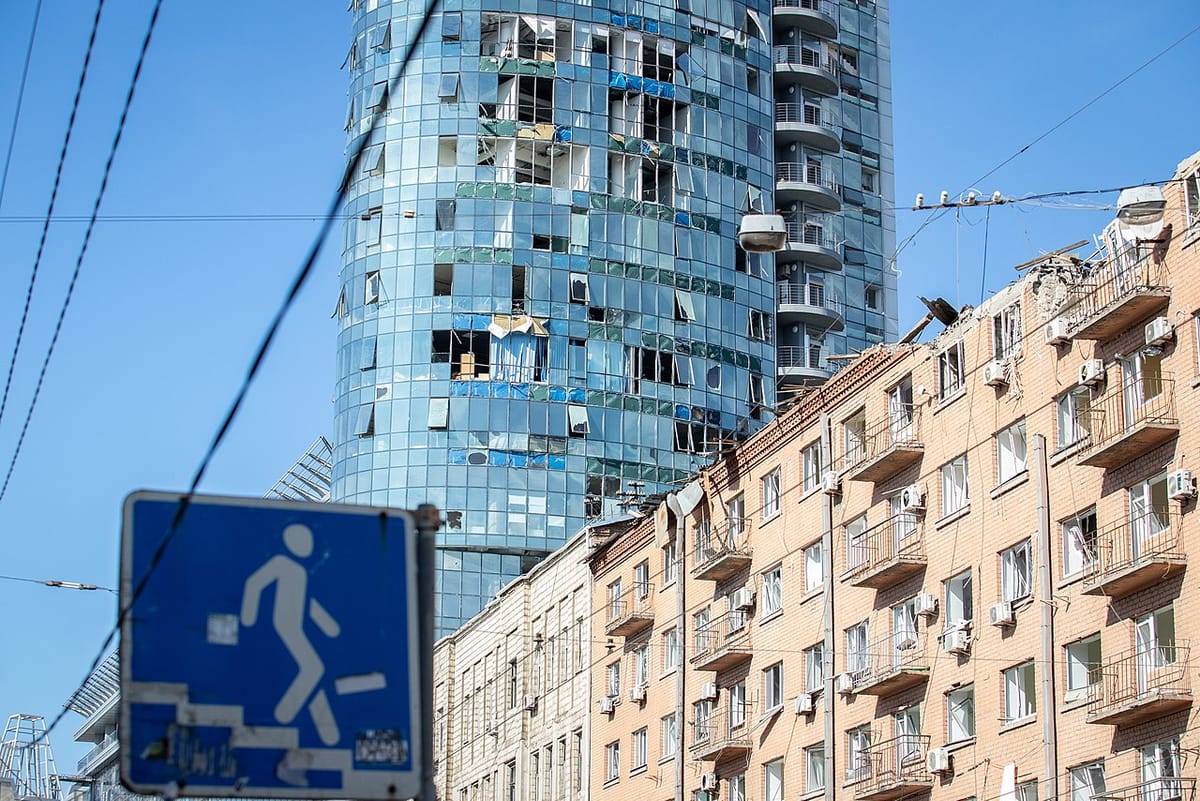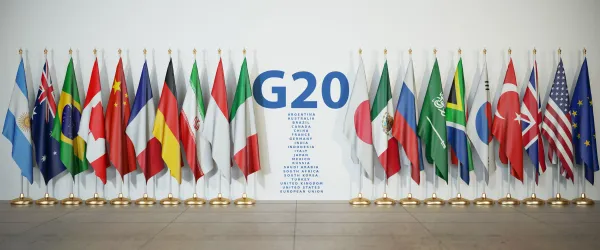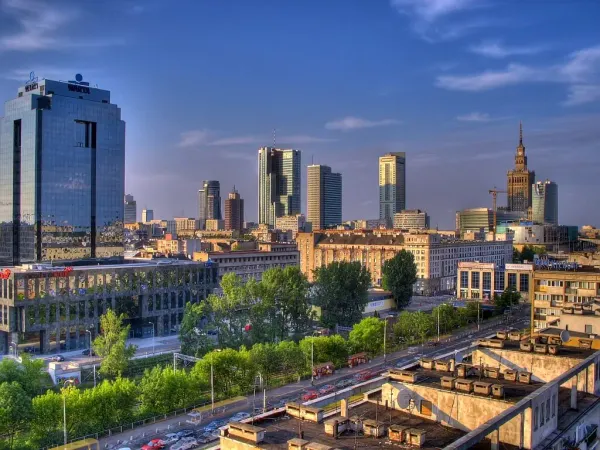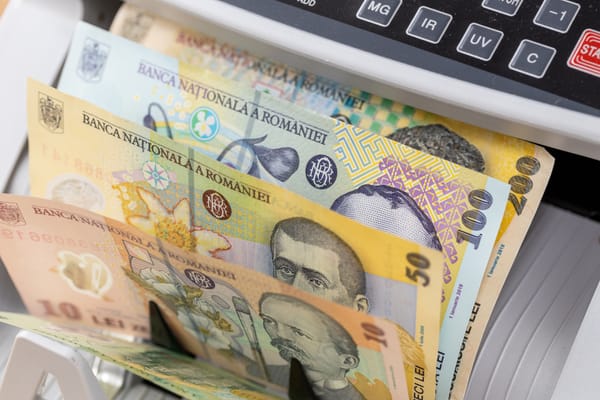
Joint letter says Russian assets should rebuild Ukraine
Leaders from the Baltic nations and Poland have called for the utilization of approximately EUR 300bn worth of assets from the Russian Central Bank currently frozen by EU member states, towards the reconstruction of Ukraine.
In a joint letter to to European Council President Charles Michel, European Commission President Ursula von der Leyen and Prime Minister Ulf Kristersson of Sweden, they emphasized Russia’s responsibility under international law for the atrocities committed during the war in Ukraine and the need to compensate for the damage caused by Russia’s military aggression, The Baltic Times reports.
The Lithuanian leader’s office said in a press release that “Russia’s accountability under international law for war atrocities and serious crimes, as well as the need to compensate for the damage caused by Russia’s unprovoked and unjustified military aggression in Ukraine.”
The letter, signed by Lithuanian President Gitanas Nauseda, Estonian Prime Minister Kaja Kallas, Latvian Prime Minister Krisjanis Karins, and Polish Prime Minister Mateusz Morawiecki, calls on the current Swedish Presidency of the EU Council to accelerate work on this issue, emphasising that they cannot wait for the end of the war or a peace agreement to be signed before taking action.
“At the EU-Ukraine Summit, we pledged to Ukraine that the EU will speed up its work towards using Russia’s frozen public and private assets to rebuild Ukraine in accordance with EU and international law. To keep our promise to Ukraine, we have not only to reiterate our commitment, but to accelerate our work in the Council already now,” the press release from Nauseda’s office added.





